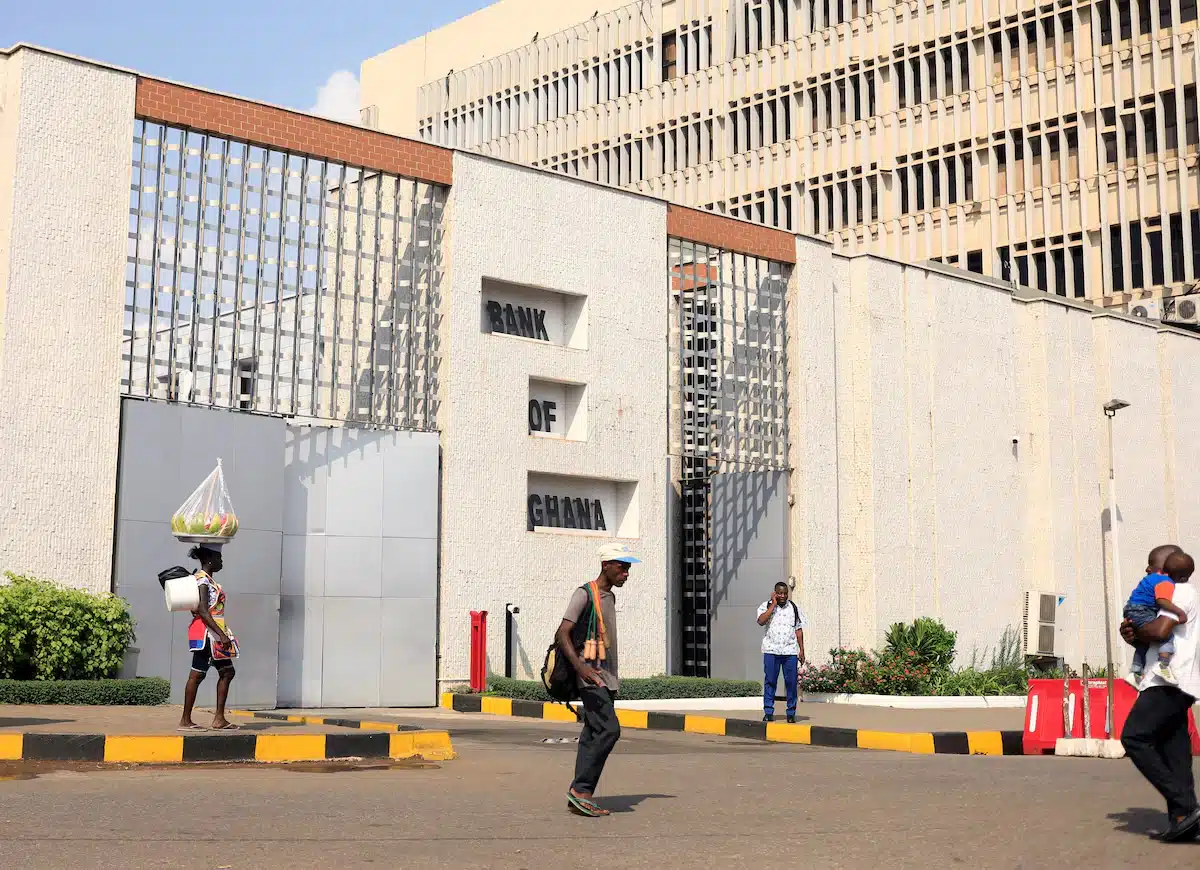Egypt’s urban inflation rate rose for a second consecutive month in April, climbing to 13.9% from 13.6% in March, according to new data released on Saturday by the state statistics agency, CAPMAS.
The increase, though marginal, has reignited questions over the Central Bank of Egypt’s recent interest rate cut, which some analysts view as premature.
April’s uptick comes after inflation sharply slowed in February to 12.8%, nearly halving from 24% a year earlier — a decline driven mainly by favourable base effects.
That deceleration gave the CBE enough room to reduce its key policy rate by 225 basis points to 25% in March, marking its first cut in nearly five years.
However, the International Monetary Fund has since flagged the move, warning that global trade tensions could rekindle inflationary pressures in vulnerable economies.
The multilateral lender specifically cited the risk of supply chain disruptions from US President Donald Trump’s sweeping tariffs, which could push up global import costs.
Egypt’s inflation crisis dates back to early 2022, when Russia’s invasion of Ukraine triggered an exodus of foreign capital from Egyptian debt markets.
Headline inflation peaked at a record 38% in September 2023. Since then, inflation has moderated, but vulnerabilities remain.
While food and beverage prices rose 6% year-on-year in April, they fell 1.5% on a monthly basis, reflecting some seasonal easing. However, analysts attribute the latest acceleration to rising fuel costs.
On the monetary side, broad money supply growth (M2) slowed to 25.8% year-on-year at the end of March, down from a record 33.9% in February, according to central bank figures.
The slowdown points to tighter liquidity, but may not be enough to offset external inflationary forces.
The CBE’s recent policy easing came on the heels of sweeping economic reforms rolled out in early 2024.
In a bid to unlock a $57 billion rescue package led by the IMF and the UAE, Egypt undertook a sharp devaluation of the pound, slashed subsidies, and moved aggressively to attract foreign capital.
Those measures followed an $8 billion IMF loan agreement in March 2023, which also involved raising interest rates by 600 basis points to anchor inflation expectations and shore up investor confidence.
But progress remains uneven.
In its latest regional outlook, the IMF cut its 2025 growth forecast for the Middle East and North Africa to 2.6% from 4%, citing geopolitical risks, weak oil prices, and slow reform momentum — with Egypt singled out as particularly exposed.
With inflation trending upward once again and external risks mounting, the CBE may be forced to reconsider its easing cycle and adopt a more cautious stance in the months ahead.










